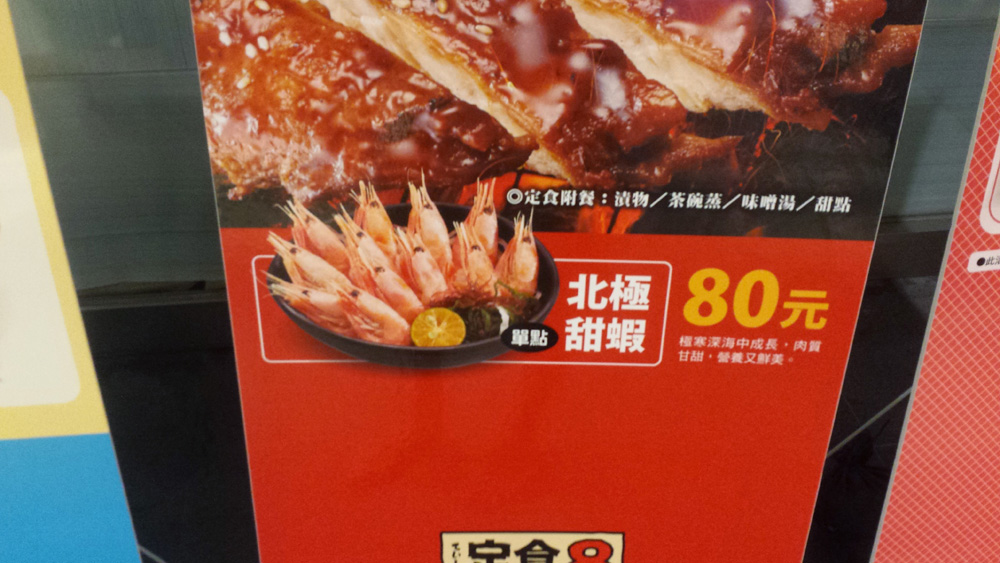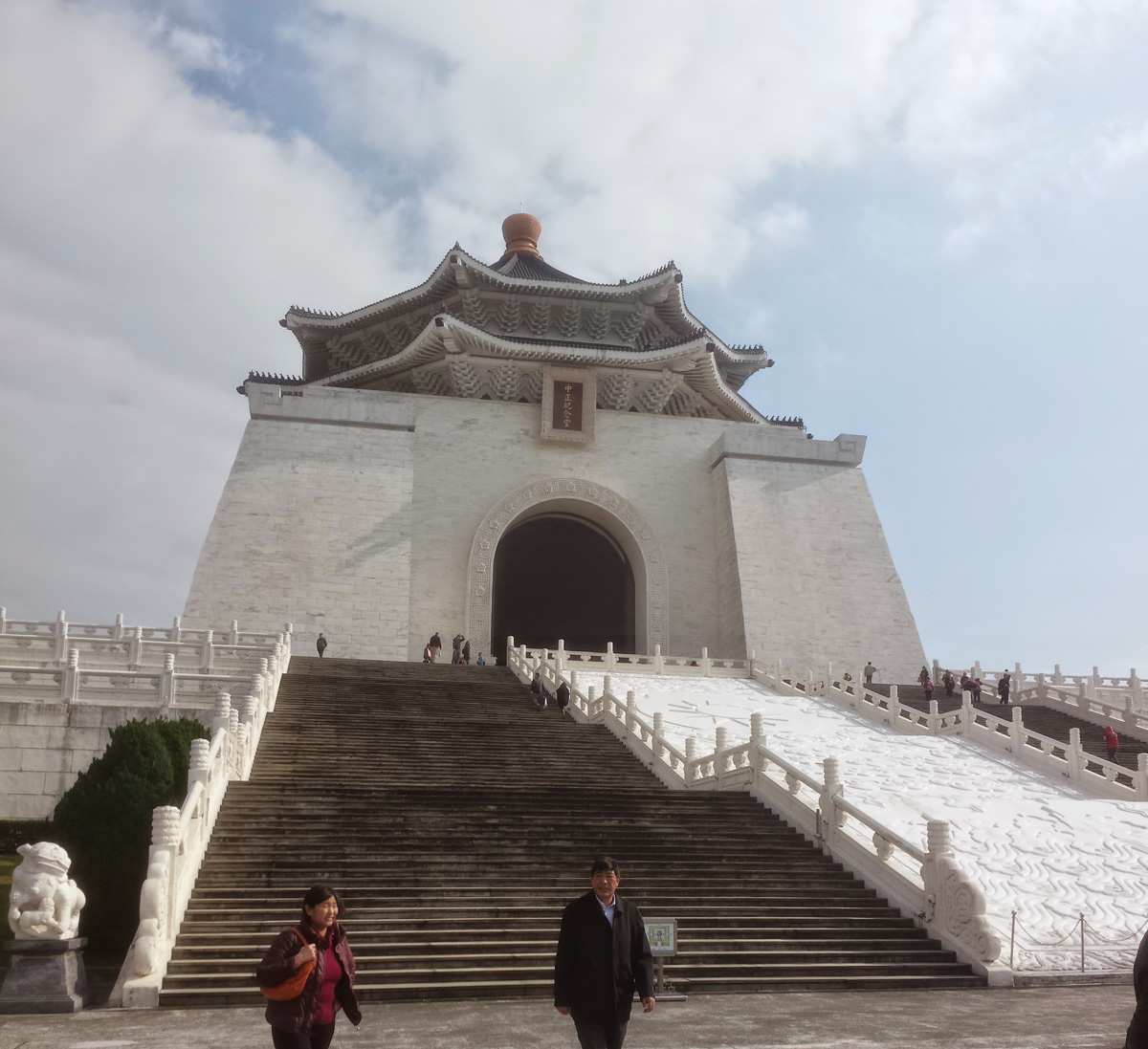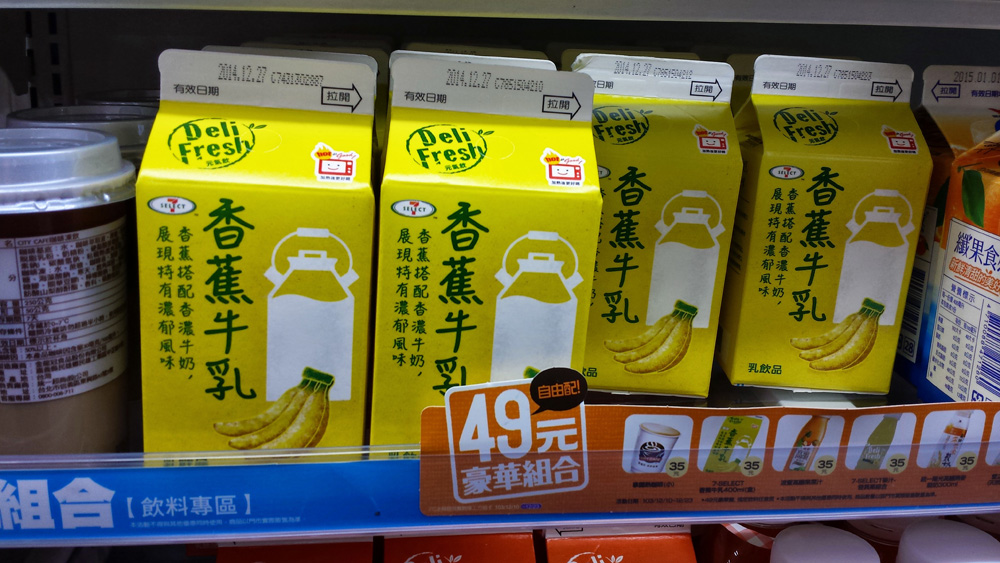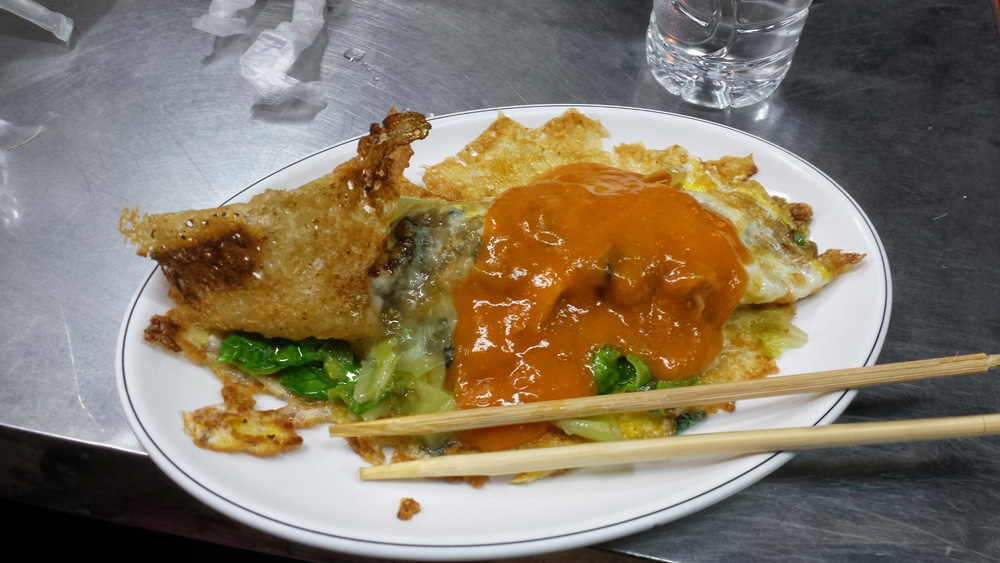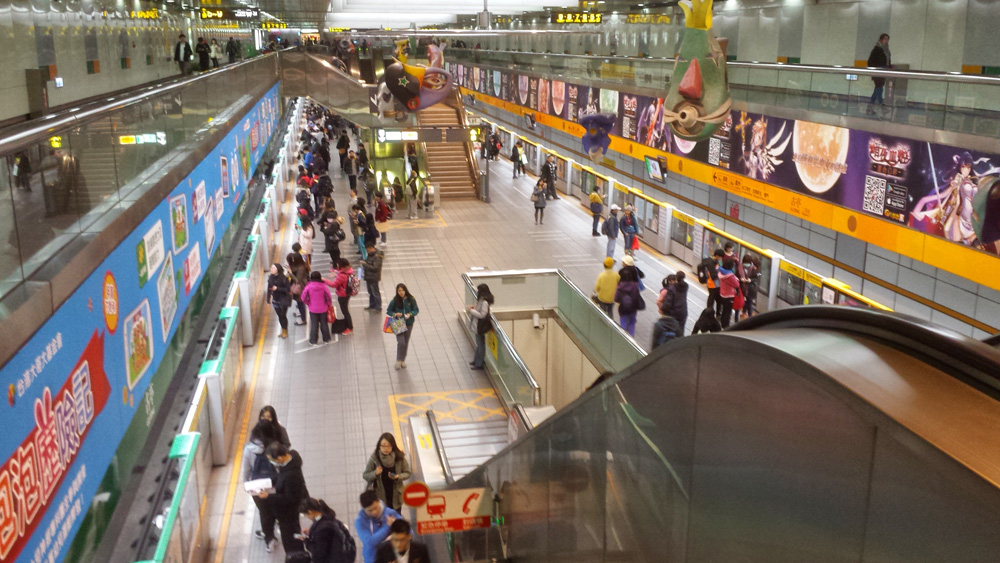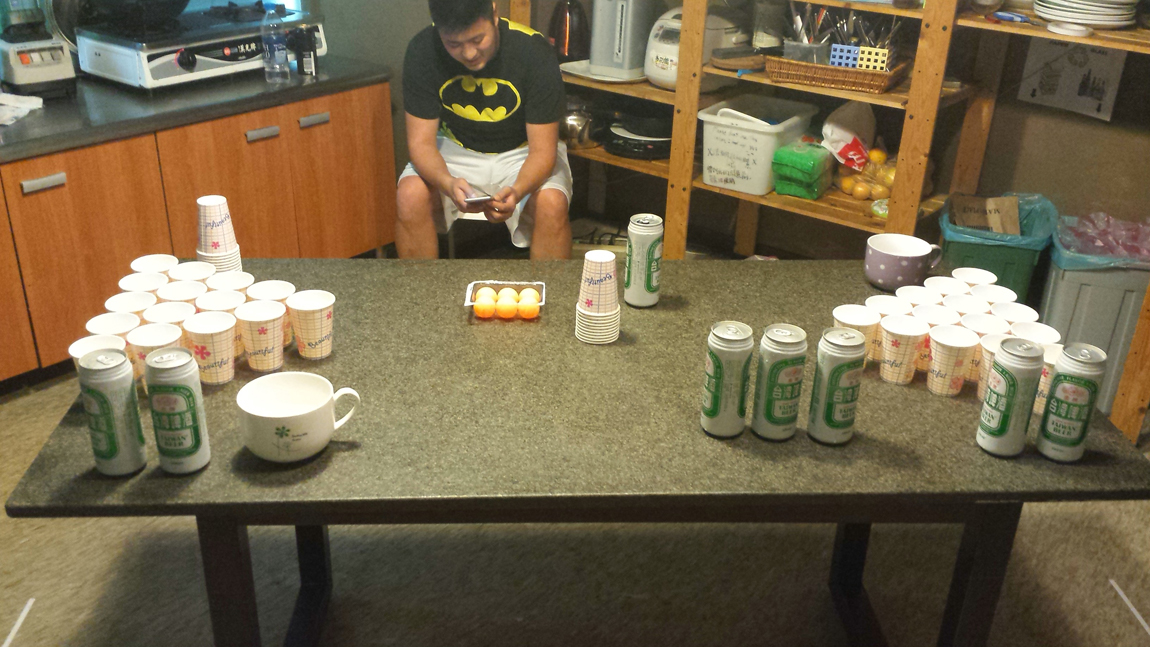Ba-bang! The formica tabletop in the middle of the kitchen shudders with the staccato slapping.
“Gah!” Matt rocks back in his chair and thumbs the dwindling stack of cards in his left hand.
Andrew grins and scoops up the pile he’s won with exaggerated care under his opponent’s scowl. They’re alone in the room in The Meeting Place playing a card game called Egyptian Ratscrew (don’t ask) that Matt had learned as a kid in summer camp. It’s a game that involves flipping cards over one at a time to discover patterns of doubles, ‘sandwiches’, straights, flushes, and so on, with the first player to recognize and slap the stack of cards getting to add them to his deck. A match ends when one person has all of the cards. Egyptian Ratscrew is all about quick processing and reflexes, relying only marginally on luck. And Matt hasn’t lost a game in months.
He’s losing now, though. He grinds his teeth and flips over another card, seldom finding himself behind, let alone challenged to make up the difference (not since that time with the Chinese backpacker in Bangkok who couldn’t speak any English). This kid’s reaction times are insane. Matt feels his blood pressure rise as he–
Ba-bang! Andrew’s flip revealed a king, which sandwiched with the cards already on the stack and he’d slapped in first. Matt had distracted himself and again, been a hair too slow to react. His teeth grinding intensifies. He should have expected this from the young man sitting across the the table.
At just twenty-three, Andrew’s younger than Matt, and he’d learned the game as a teenager, too. Right now he’s taking some time between interviewing for med school back in the States to explore Taiwan on something of a co-op program. Most days he tutors schoolchildren in English and helps out in odd-job construction in exchange for room and board (and all the free Chinese practice he can get). The card-dueling pair had met as a result of being part of the same mischief-making fraternity in university–which means that this broadly grinning, curly-haired doctor-to-be is not only clever, but a real pain in the ass when he’s beating you.
The door to the kitchen swings open and Mike the Dane (who looks decidedly like Hans Gruber from Die Hard) swings his long limbs into the room after it. “You guys are still playing that game? Come on, let’s do more of that gun–that gun…what is it called again?”
“You mean shotgunning?” Matt looks up, but is still hovering over the cards. He’d introduced the Danes to the American pastime the other night in a drinking game played over watching Guardians of the Galaxy.
“Yes! Shotgunning! The most wonderful American invention!”
“We could stop playing, you know.” Andrew gushes sincerity. “Just end the game and say I won?”
The shotgunning emissary narrows his eyes. “We’ll do it again some other time, Mike.”
* * *
Matt’s riding shotgun with Joy, Andrew’s co-op leader driving through the streets of Taichung (a city a few hours south of Taipei and where Andrew’s co-op is). They’re on their way to drop the American boys off at their hostel (where they can play cards again). Andrew sits with Joy’s mother in the backseat, the two of them sitting patiently, like a pair of the most age disparate children along for a ride.
“So you speak Chinese?” Joy asks.
“Just the basics, you know.” Matt runs through his list of words he knows in Mandarin, stumbling through the numbers one through ten, and finding himself at a loss when he gets to the colors. “And lán sè is blue, and green is…”
“Lǜ sè,” Joy completes for him.
“Yeah, and red is like, hung sè?”
“Hóng sè,” Andrew jumps in.
“Hòng sé,” Matt tries to parrot, but gets the tones backwards.
The women find Matt’s fumbling amusing, laughing and yammering about it.
The more learned American cringes for his friend and tries again. “Hóng sè.” He’s had years to practice and internalize the different tones of ‘high’, ‘rising’, ‘falling’, and ‘falling then rising’ (and of course, ‘toneless’).
In Mandarin Chinese, these different tones connote completely different meanings, whereas in English the sounds would only modify the emotional connotation (for instance, ‘rising’ tone is just what happens when English uses a question mark: ‘Hello’ versus ‘Hello?’ And ‘falling’ tone is what English would consider a commanding tone or an exclamation point: ‘You should sit’ versus ‘You should sit!’ etc). But in Chinese, using a different tone for the same sounds make words that are as different as ‘flight’ and ‘fright’. For example, ‘Mǎ’ means ‘horse’ and ‘mā’ means ‘mother’. See those squiggles over the vowels? They define the tones and are super important (and frustrating to type).
It’s a complicated system and even Andrew gets tripped up sometimes. For instance, Cantonese, another dialect of the Chinese language system, has six tones. And grammar and vocabulary change over the course of generations, too. So much so that before the car ride, when the pair of Americans were sitting on a bench admiring the nearby stream and wooded hills of the semi-rural neighborhood, Andrew couldn’t understand a smiling old man that hobbled up to chat with them.
“I’m hearing ‘water’, ‘beauty’, I think,” Andrew had said while the happy old man kept trying to talk with them. “But he’s speaking old-people Chinese, and I don’t speak that.”
But in the car there’s just modern Chinese, evidenced when Joy rolls down her window to shout-ask directions of the other cars stopped in traffic. Where is so-and-so? She seems to get the answers she needs and changes lanes.
She’s not a terrible driver, but she’s veering out of her lane more often than is acceptable and some stop signs have been mostly ignored. A bit too close for comfort. So Matt scans the traffic around them much as if he was the one driving. It’s through this scanning that he notices that the traffic light at the intersection up ahead is glowing red while Joy shows no sign of slowing down or even noticing.
“Red light,” he mentions, as mildly as he can.
No response.
His voice is getting more strained. “Red light,” he tries again, but the Chinese-speaking native isn’t registering it and that intersection is rushing to meet them. He needs to get her attention with–what the hell was it again? “Hòng sè! Hòng sè! [Red color! Red color!]”
Finally Joy notices, stopping in time with just a touch of a whiplash for her passengers. Heads rock back into their carseats. Heartbeats throb in Matt’s ears, but over it all he can hear Joy and her mother laughing. Matt puts on a weak smile, confused, but mostly just glad to be alive.
Andrew is grinning as he listens to them and explains. “You’re still getting the tones wrong.”
Throwing this out there, Asian culture are so much much about shrimp/prawn heads than the West is. And 80 NT? That’s only like $2.58! What a bargain!
The Chiang Kai Shek Memorial (for the guy who like, founded Taiwan) is pretty solid. Damn cool.
If you want banana milk, this country (Taiwan) is for you. They have sooo many different milk flavors. And such affordable prices!
Not so much a milk guy/gal? More into oysters and eggs? Well, they’re finally together! Oyster omelets are totally a thing (and surprisingly delicious) in Taipei, Taiwan.
Looking to get around Taipei? Look no further than the super-clean, ultra-on-time subway system!
And of course, the pre-beer pong set-up.
